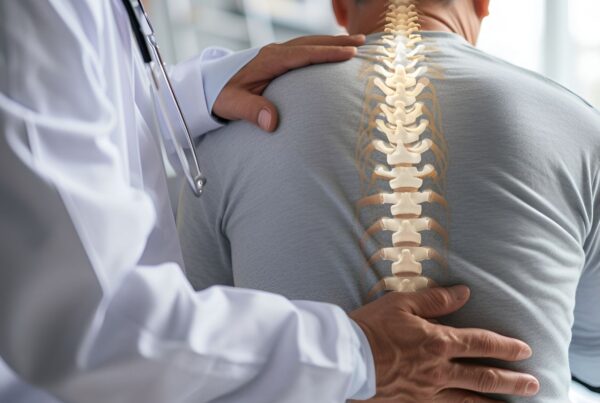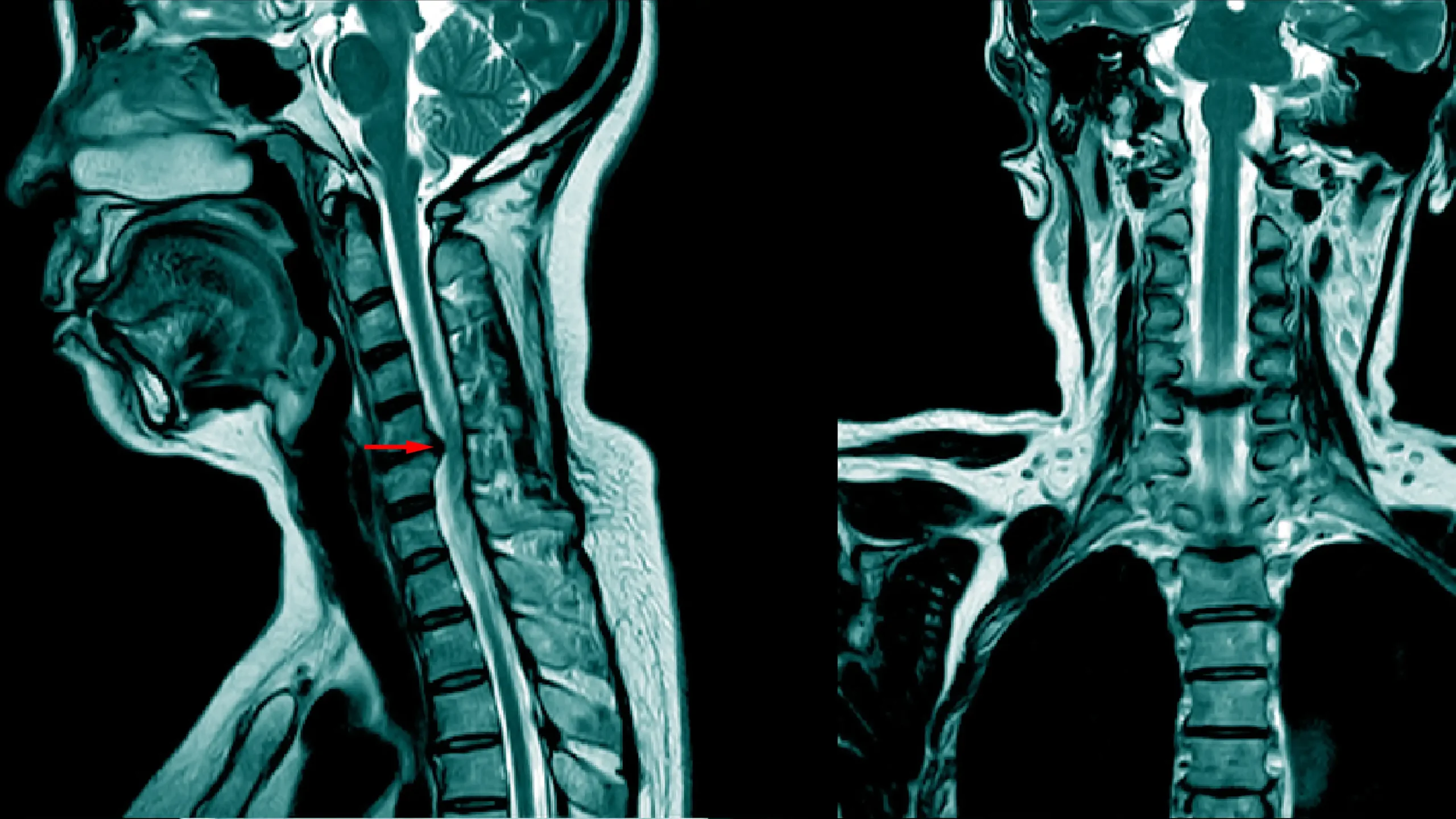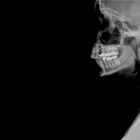Disc surgery is a medical procedure that helps fix problems with the spine, like herniated discs, disc prolapse, and degenerative disc disease. In this blog post, we’ll explain the different types of disc surgeries, how they help, and what to expect during recovery.
Herniated Disc Surgery: What You Need to Know
Herniated disc surgery is done to relieve pain caused by a herniated disc. A herniated disc happens when the spinal disc bulges out and presses on the nerve roots or spinal cord, causing pain and discomfort. This surgery removes or fixes the part of the disc that’s causing the problem, reducing pain and improving movement.
Surgery for Herniated Disc: Different Types
There are different types of surgery for herniated discs, including microdiscectomy, laminectomy, and spinal fusion surgery. Microdiscectomy removes the herniated part of the disc through a small incision, reducing recovery time. Laminectomy removes part of the vertebra to relieve pressure on the spinal cord. Spinal fusion surgery joins two or more vertebrae to stabilize the spine and reduce pain.
Herniated Disc Spinal Surgery: Advanced Treatments
Herniated disc spinal surgery includes various advanced treatments to relieve pain and improve function. These treatments can be done through minimally invasive techniques or traditional methods. The goal is always to reduce pain and improve the patient’s quality of life. This type of spine surgery usually involves removing the problematic disc material and stabilizing the spine.
Herniated Disc Surgery Recovery Time: What to Expect
Recovery time for herniated disc surgery depends on the type of surgery and the patient’s health. Most patients can start standing or walking a few days after surgery. Physical therapy is usually recommended to help with recovery and strengthen the neck area. Full recovery can take a few weeks to several months, with most people returning to normal activities about six weeks after surgery.
It's time to get back
to doing what you love.
Surgery for Disc Prolapse: Fixing a Serious Issue
Disc prolapse is similar to a herniated disc and happens when the inner part of the disc pushes out through the outer layer. Surgery for disc prolapse involves removing the part that’s sticking out to reduce pressure on the spinal nerves. This type of spine surgery can greatly improve a person’s life by reducing pain and helping them move better.
Degenerative Disc Disease Surgery: Helping Chronic Pain
Degenerative disc disease is when the spinal discs wear down over time, causing chronic pain. Surgery for degenerative disc disease can include spinal fusion surgery, where two or more vertebrae are joined together to stop painful movement, or disc replacement surgery, where the damaged disc is replaced with an artificial one. These surgeries help stabilize the spine and reduce pain from the degenerating disc.
Bulging Disc Surgery: Easing Nerve Pressure
A bulging disc is when the disc sticks out but hasn’t ruptured. Bulging disc surgery removes part of the disc to ease pressure on the spinal cord or nerve roots. Often, this can be done through a small incision, which means less recovery time and fewer complications.
Disc Replacement Surgery Neck Benefits
Disc replacement surgery in the neck area, or cervical spine, is a modern procedure where a damaged disc is replaced with an artificial one. This surgery keeps the natural movement of the cervical spine and is a good alternative to spinal fusion surgery. It’s especially helpful for patients with degenerative disc disease who want to maintain mobility and reduce pain.
Why Choose Neurosurgeons of New Jersey for your Disc Surgery
Neurosurgeons of New Jersey is recognized as the #1 Neurosurgery Practice in New Jersey, with 11 convenient locations across the state. Our highly qualified doctors were educated at America’s premier academic centers and have earned numerous awards in neurosurgery. We accept and work with a wide variety of health insurance plans, including Aetna, Horizon Blue Cross Blue Shield, Oxford/United Healthcare, Cigna, Personal Injury Protection (PIP)/No-Fault for NJ Motor Vehicle Accidents, the Empire Plan (NYSHIP), Medicare, NJ Medicaid, and Workers’ Compensation. Even if your insurance isn’t listed, you may still qualify for substantial coverage, making top-tier neurosurgical care accessible to more patients.
The Importance of Physical Therapy After Disc Surgery
Physical therapy is very important after disc surgery. It helps patients regain strength, flexibility, and function in the affected area. A good physical therapy program can speed up recovery, reduce pain, and prevent future injuries. Patients should attend physical therapy regularly in the weeks after surgery for the best results.
Key Points and Final Thoughts
Disc surgery, whether for a herniated disc, disc prolapse, or degenerative disc disease, can significantly reduce pain and improve quality of life. Knowing about the different types of surgery, what to expect during recovery, and the importance of physical therapy can help patients make informed decisions about their treatment.
If you have chronic neck pain or back pain due to spinal disc problems, talk to a spine specialist about whether disc surgery is right for you. With modern surgical treatments and minimally invasive procedures, many patients can look forward to less pain and better mobility.

About Livingston
Our team of board certified physicians, located in Livingston, New Jersey, are dedicated to bringing you the latest developments and treatment options for spinal surgery. We strive to produce the most clarified & clear content to help you make informed decisions on your medical journey. The road to feeling like your true self should not feel lonely- Let us help you. Please call us to schedule a consultation and speak to one of our team members.
Recent Posts:






